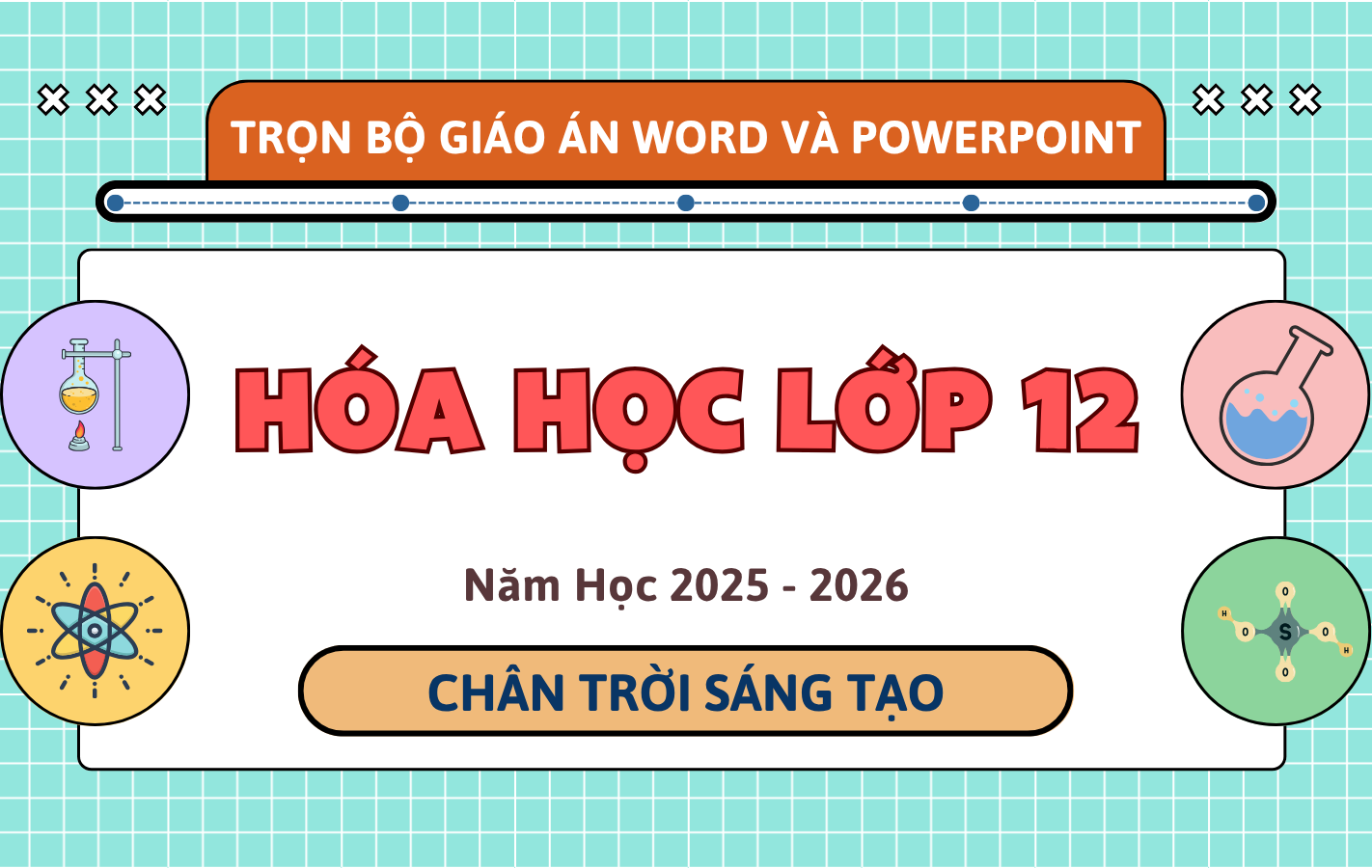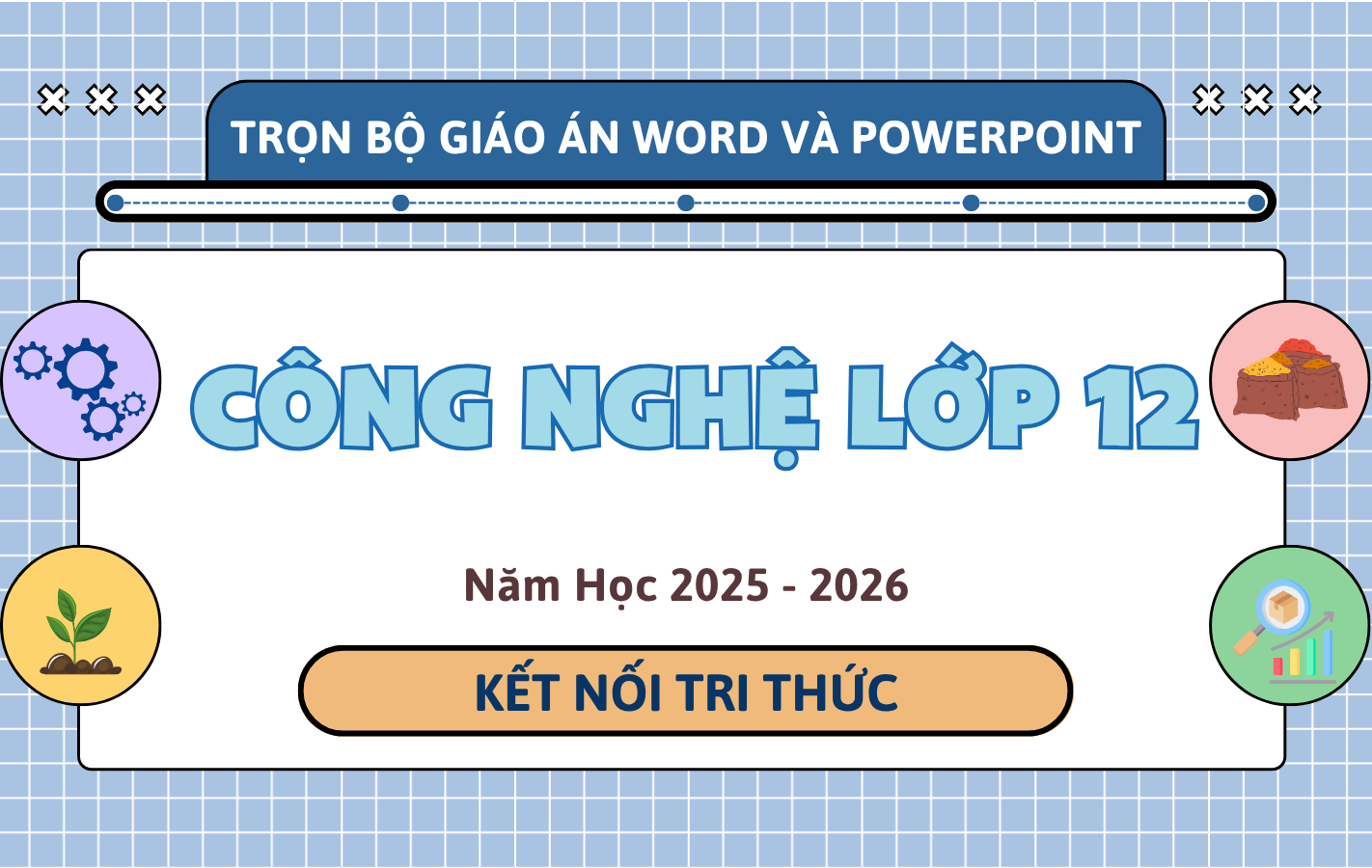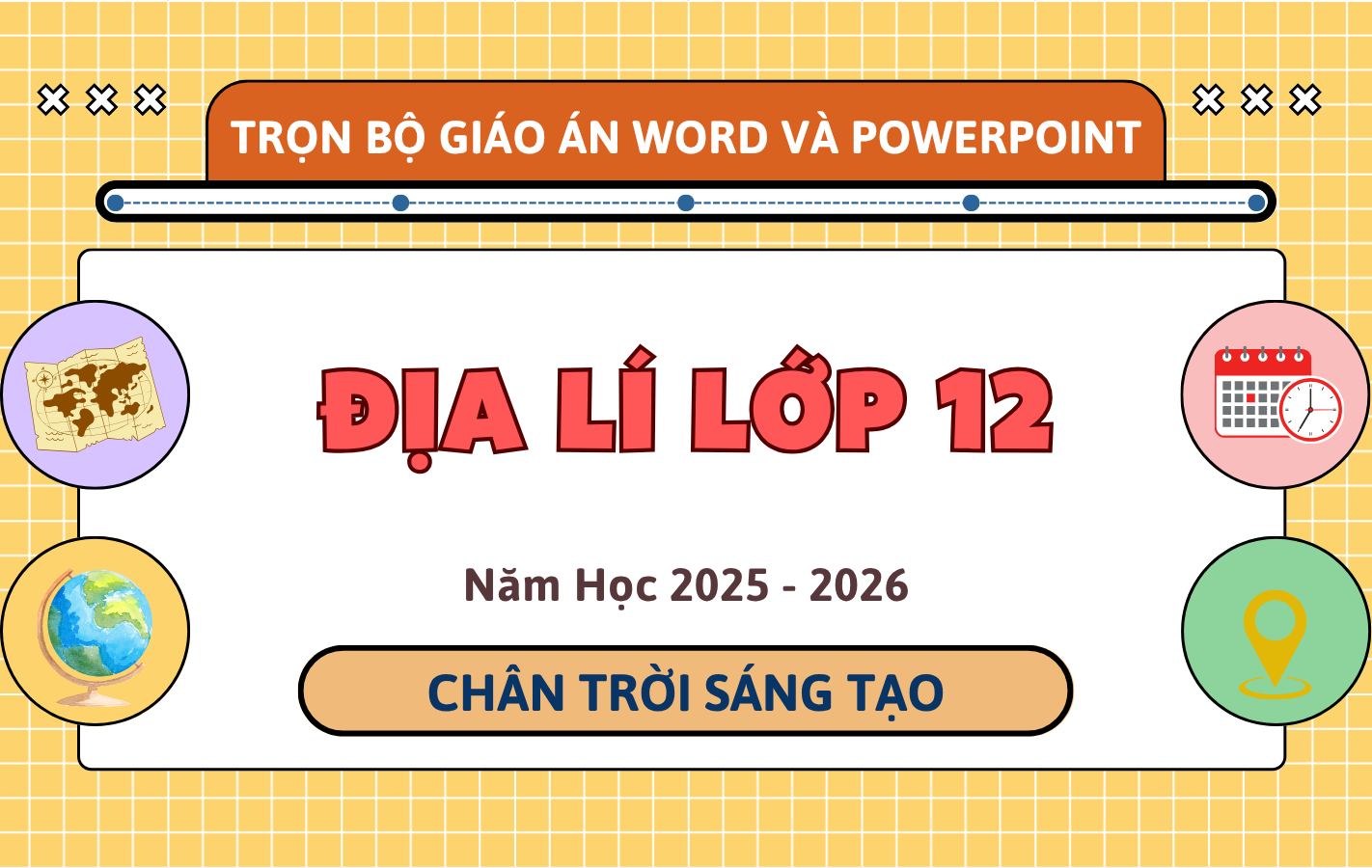Câu hỏi:
Read the passage carefully. Choose an option (A, B, C or D) that best answers each question from 16 to 22.
1. Like many emergency responders, Nicholas Groom is used to stress at work. On the one hand, the stress can be helpful. “I find that when attending a serious incident, it helps me to maintain focus on the situation,” Nicholas Groom said. On the other hand, the work can be highly pressurized. “Too much stress can impair your ability to make decisions,” he adds. And Groom is not alone in his complicated relationship with stress.
2. Many people believe that there should be a balanced amount of stress. In other words, not too much stress so you’re not overwhelmed but not too little stress so you don’t feel unmotivated. After all, some anxiety is motivating; think of the adrenaline before a deadline or the excitement before a competition. Sports fans sometimes even talk about a “gene” in some athletes who seem to play best in the decisive final moments of a match. Furthermore, many psychologists claim that performance in many situations increases with stress up to a point. Of course, any stress can cause harm when it’s prolonged. To take just one example, a long-term high heart rate is linked to cardiovascular diseases. And additional stressors, such as financial pressures or psychiatric issues, clearly affect how beneficially someone can respond to stress.
3. So is there a way to harness stress to your advantage while being mindful of its detrimental long-term effects? One key factor is to avoid, whenever possible, the point when stress leads to mental and physical collapse. Crystal Wernicke, 30, has always used stress as a motivator. But juggling between parenting, a full-time job, a voluntary role and financial troubles at the same time became too much and eventually led to a two-month period of illness. Another factor is the presence of control. For those who feel powerless over their situation, stress is unlikely to be beneficial. But with some autonomy over stressful tasks, we are better able to convert that pressure into higher performance.
4. When it comes to stress and how it affects your performance, it’s helpful to recognize the variations in personality, type of stress and task that affect the level of pressure you are under, as well as understanding tools you can use to control and harness that stress. Ultimately, it’s not helpful to take a one-sided view, either demonizing or glorifying stress. As James C Quick, a management professor at the University of Texas, sums up: “Stress can be the kiss of death as well as the spice of life.”
Why was Crystal Vernicke sick for two months?
Đáp án đúng: B
Lời giải
Tại sao Crystal Vernicke bị ốm trong hai tháng?
A. Cô ấy không có tiền để chăm sóc sức khỏe của mình.
B. Cô ấy bị căng thẳng vì quá nhiều trách nhiệm.
C. Cô ấy làm việc quá sức trong một thời gian rất dài.
D. Cô ấy dành thời gian và công sức vào việc nuôi dạy con cái thay vì chăm sóc sức khỏe.
Thông tin: One key factor is to avoid, whenever possible, the point when stress leads to mental and physical collapse. Crystal Wernicke, 30, has always used stress as a motivator. But juggling between parenting, a full-time job, a voluntary role and financial troubles at the same time became too much and eventually led to a two-month period of illness.
Tạm dịch: Một yếu tố quan trọng là tránh, bất cứ khi nào có thể, thời điểm mà căng thẳng dẫn đến suy sụp về tinh thần và thể chất. Crystal Wernicke, 30 tuổi, luôn sử dụng căng thẳng như một động lực. Nhưng việc xoay xở giữa việc làm cha mẹ, một công việc toàn thời gian, một vai trò tình nguyện và những rắc rối về tài chính cùng một lúc trở nên quá sức và cuối cùng dẫn đến một giai đoạn hai tháng bị bệnh.
Câu hỏi này thuộc đề thi trắc nghiệm dưới đây, bấm vào Bắt đầu thi để làm toàn bài
Câu hỏi liên quan
Lời giải
Theo đoạn văn thứ ba, một cách để tận dụng căng thẳng theo hướng có lợi cho bạn là gì?
A. Bằng cách hoàn toàn phớt lờ căng thẳng và tác động của nó đến sức khỏe của bạn.
B. Bằng cách tránh điểm mà căng thẳng dẫn đến suy sụp về tinh thần và thể chất.
C. Bằng cách đảm nhận càng nhiều trách nhiệm càng tốt để tăng động lực.
D. Bằng cách loại bỏ mọi quyền kiểm soát đối với các nhiệm vụ của bạn để cảm thấy ít áp lực hơn.
Thông tin: So is there a way to harness stress to your advantage while being mindful of its detrimental long-term effects? One key factor is to avoid, whenever possible, the point when stress leads to mental and physical collapse.
Tạm dịch: Vậy có cách nào để tận dụng căng thẳng theo hướng có lợi cho bạn trong khi vẫn lưu tâm đến những tác động có hại lâu dài của nó không? Một yếu tố quan trọng là tránh, bất cứ khi nào có thể, thời điểm mà căng thẳng dẫn đến suy sụp về tinh thần và thể chất.
Lời giải
Điều gì có thể suy ra từ đoạn văn cuối?
A. Căng thẳng có thể dẫn đến hiệu suất giảm sút khi mọi người kiểm soát được hoàn cảnh của mình.
B. Căng thẳng có thể vừa có hại vừa có lợi, tùy thuộc vào cách quản lý.
C. Có một giới hạn mà ở đó căng thẳng vừa có hại vừa có lợi cho sức khỏe tinh thần của một người.
D. Tình huống càng căng thẳng, mọi người càng cảm thấy bất lực khi đối mặt với nó.
Thông tin: When it comes to stress and how it affects your performance, it’s helpful to recognize the variations in personality, type of stress and task that affect the level of pressure you are under, as well as understanding tools you can use to control and harness that stress. Ultimately, it’s not helpful to take a one-sided view, either demonizing or glorifying stress. As James C Quick, a management professor at the University of Texas, sums up: “Stress can be the kiss of death as well as the spice of life.”
Tạm dịch: Khi nói đến căng thẳng và cách nó ảnh hưởng đến hiệu suất của bạn, việc nhận ra những thay đổi về tính cách, loại căng thẳng và nhiệm vụ ảnh hưởng đến mức độ áp lực mà bạn đang phải chịu, cũng như hiểu các công cụ bạn có thể sử dụng để kiểm soát và khai thác căng thẳng đó là rất hữu ích. Cuối cùng, việc có quan điểm phiến diện, hoặc là coi thường hoặc là tôn vinh căng thẳng, đều không hữu ích. Như James C Quick, một giáo sư quản lý tại Đại học Texas, đã tóm tắt: "Căng thẳng có thể là nụ hôn của tử thần cũng như là gia vị của cuộc sống".
Lời giải
Tiêu đề hay nhất cho đoạn văn có thể là gì?
A. Sở thú: Cơ hội tốt nhất để tìm hiểu về động vật => Nội dung chi tiết thuộc đoạn 3.
B. Phương pháp học về động vật ở trường => Chỉ là một khía cạnh được phân tích
C. Tìm hiểu về động vật ở trường
D. Nghiên cứu về Tìm hiểu về Động vật => Một số thông tin về nghiên cứu được nhắc đến ở đoạn 2, 4
Đoạn văn nói về cách học tập về động vật ở trường và nhược điểm của nó thông qua các tìm hiểu, nghiên cứu nên tiêu đề C phù hợp nhất.
Lời giải
Tác giả tin rằng trẻ em nên học gì về động vật hoang dã?
A. Chỉ có kiến thức thực tế về các loài động vật khác nhau.
B. Cách nghiên cứu động vật trong môi trường phòng thí nghiệm.
C. Thái độ và cảm xúc đối với động vật thông qua tiếp xúc thực tế.
D. Động vật nên luôn được nuôi trong sở thú để quan sát.
Thông tin: It is my belief that children should not just be acquiring knowledge of animals but also developing attitudes and feelings towards them based on exposure to the real lives of animals in their natural habitats.
Tạm dịch: Tôi tin rằng trẻ em không chỉ cần tiếp thu kiến thức về động vật mà còn phải phát triển thái độ và tình cảm đối với chúng thông qua việc tiếp xúc với cuộc sống thực của động vật trong môi trường sống tự nhiên của chúng.
Lời giải
Từ “disconnected” trong đoạn 2 đồng nghĩa với từ nào?
A. loại bỏ
B. tách biệt
C. không đồng ý
D. phân chia
=> disconnect (v): không liên quan, bị tách biệt = separated
Thông tin: Learning about animals in school is often completely disconnected from the real lives of real animals, with the result that children often end up with little or no understanding or lasting knowledge of them.
Tạm dịch: Việc học về động vật ở trường thường hoàn toàn không liên quan đến đời sống thực tế của các loài động vật, kết quả là trẻ em thường có rất ít hoặc không có hiểu biết hoặc kiến thức lâu dài về chúng.

Trọn Bộ Giáo Án Word & PowerPoint Tiếng Anh 12 – I-Learn Smart World – Năm Học 2025-2026

Trọn Bộ Giáo Án Word & PowerPoint Tiếng Anh 12 – Global Success – Năm Học 2025-2026

Trọn Bộ Giáo Án Word & PowerPoint Hóa Học 12 – Kết Nối Tri Thức – Năm Học 2025-2026

Trọn Bộ Giáo Án Word & PowerPoint Hóa Học 12 – Chân Trời Sáng Tạo – Năm Học 2025-2026

Trọn Bộ Giáo Án Word & PowerPoint Công Nghệ 12 – Kết Nối Tri Thức – Năm Học 2025-2026

Trọn Bộ Giáo Án Word & PowerPoint Địa Lí 12 – Chân Trời Sáng Tạo – Năm Học 2025-2026
ĐĂNG KÝ GÓI THI VIP
- Truy cập hơn 100K đề thi thử và chính thức các năm
- 2M câu hỏi theo các mức độ: Nhận biết – Thông hiểu – Vận dụng
- Học nhanh với 10K Flashcard Tiếng Anh theo bộ sách và chủ đề
- Đầy đủ: Mầm non – Phổ thông (K12) – Đại học – Người đi làm
- Tải toàn bộ tài liệu trên TaiLieu.VN
- Loại bỏ quảng cáo để tăng khả năng tập trung ôn luyện
- Tặng 15 ngày khi đăng ký gói 3 tháng, 30 ngày với gói 6 tháng và 60 ngày với gói 12 tháng.